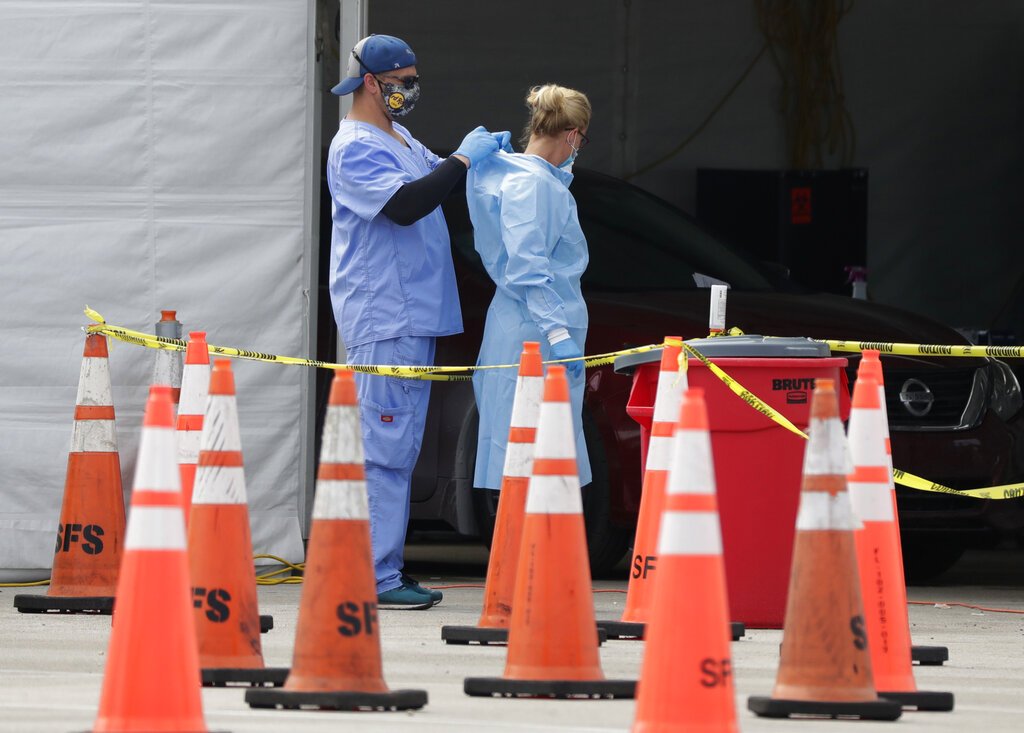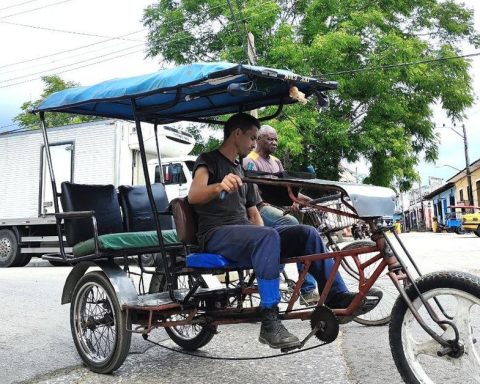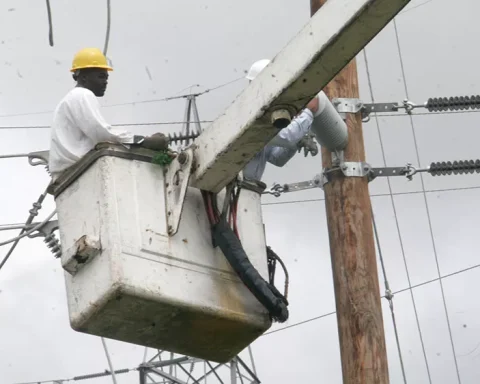Although some scientists suspect that persistent COVID may be caused by an overactive immune system, a new study suggests that some cases may be due to just the opposite, and that the cause could be that, after passing COVID-19, it is abnormally underactive .
The research conducted by the American University of California (UCLA) and published Clinical Infectious Diseases is a small pilot study looking at the effect of one type of monoclonal antibody.
The research suggests that some people with persistent COVID “may actually have underactive immune systems after recovering from COVID-19, which means that boosting immunity in those individuals could be a treatment,” said lead author Otto Yang. from UCLA.
COVID-19 causes an overactive response against the SARS-CoV-2 virus, leading to damage to the lungs and other organs, and sometimes an uncontrolled and harmful reaction of the immune system, known as a cytokine storm, aggravates the disease. disease and can lead to death.
Some people develop persistent COVID, with long-lasting symptoms such as fatigue, brain fog, and shortness of breath, the causes of which are limited and make it difficult to find ways to treat.
Many scientists have suggested that the persistence of immune hyperactivity after COVID-19 is an important factor; Therefore, the authors carried out, with 55 people affected by persistent COVID, an exploratory trial of an antibody that binds to an immune receptor called CCR5 and is involved in inflammation.
Participants were randomly given weekly injections of the antibody or a placebo for eight weeks, during which time they were tracked for any changes in 24 symptoms associated with persistent COVID.
The researchers initially thought that blocking CCR5 with the antibody would dampen the activity of an overactive immune system following coronavirus infection. However, they found that the patients who got better had started out with a low level of CCR5 on their T cells, suggesting that their immune system was less active than normal.
CCR5 levels increased in people who got better, Yang explained, leading to the hypothesis that persistent covid, in some people, is related to the suppression of the immune system and not its hyperactivity.
The findings, according to the researchers, “suggest a complex role for CCR5 in balancing inflammatory and anti-inflammatory effects, for example, through regulatory T cells,” although the results need to be confirmed in a larger, more definitive study.

















